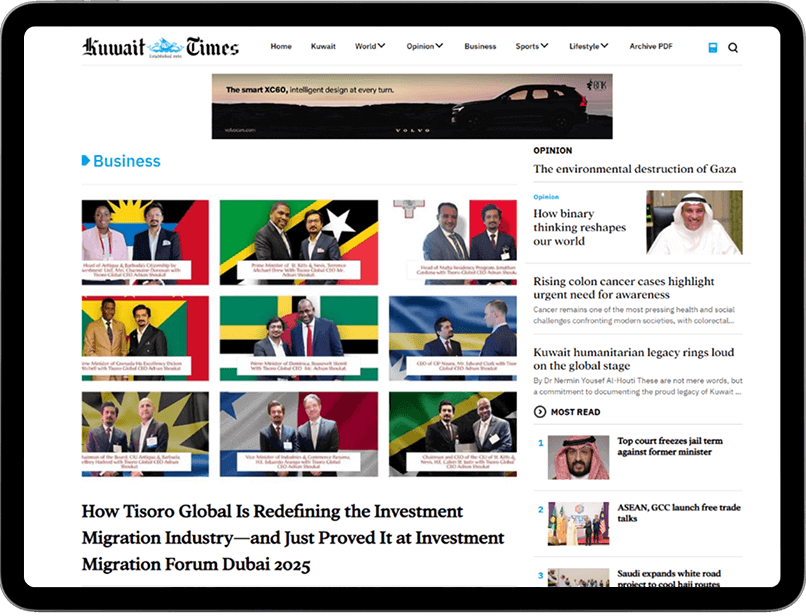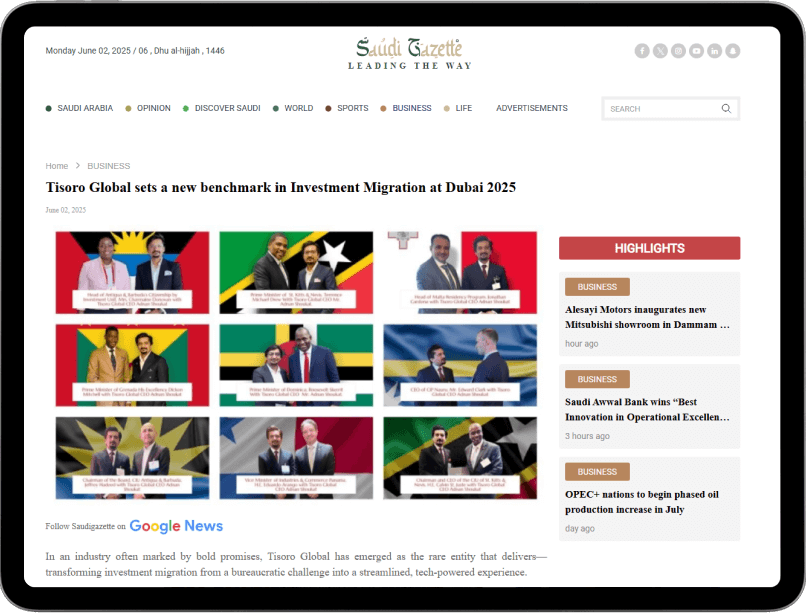-
-
Citizenship by Investment
At the core of our service is your citizenship by investment, with a focus on securing long-term financial benefits alongside dual citizenship and global citizenship opportunities. Our cutting-edge AI-driven Predictive Analytical Investment Recommendation System (P.A.I.R.S) expertly matches high-net-worth individuals with the most suitable citizenship by investment programs tailored to your unique goals and requirements.
-

-
-
Residence by Investment
We place your Residence by Investment at the forefront, prioritizing not only a smooth residency process but also ensuring your long-term financial security. Through our advanced AI powered Predictive Analytical Investment Recommendation System (P.A.I.R.S), we identify the best residency options tailored to your individual objectives.
-

-
-
Golden Visa Investment
At the core of our service is Golden Visa investment, designed to secure long-term residency benefits alongside access to global residency opportunities. Our innovative AI-driven Predictive Analytical Investment Recommendation System (P.A.I.R.S) expertly match high-net-worth individuals with the most suitable Golden Visa programs, tailored to your unique goals and requirements.
-

-
-
Offices:
- Europe
- Middle East
- South East Asia
-
Top 'Tisoro Awarded' Companies:
- Top 'Tisoro Awarded' Companies in Regions
-
Top 'Tisoro Awarded' Companies in Industries
- Real Estate Developers
- Real Estate Agencies
- Citizenship Consultants
- Immigration Consultants
- Residency Consultants
- Study Abroad Consultants
- Investment Firms
- Wealth Management Firms
- Venture Capitalists
- Private Banks
- Private Equity Firms
- Travel & Tourism
- Hospitality
- Luxury Real Estate
- Property Management
- Luxury Brands
- E-commerce Platforms
- Retail Chains
- Consumer Electronics
- Construction Companies
- Infrastructure Development Firms
- Engineering Consultancies
- Architectural Firms
-
© Tisoro , All Rights Reserved
















































































